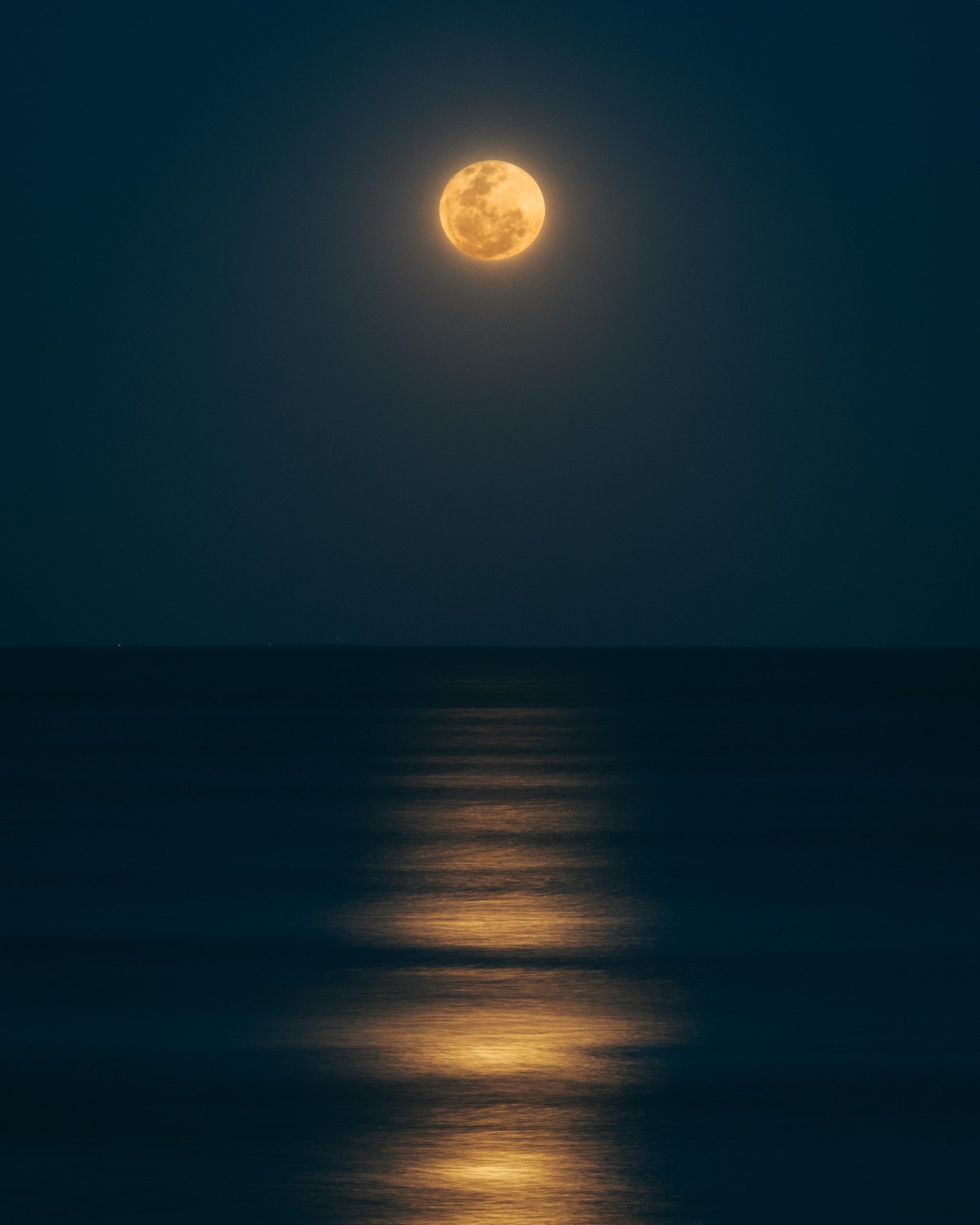Tropical Astrology vs Vedic: Decoding the Differences and Uncertainties
Astrology has always fascinated humanity, providing insights into our personalities, destinies, and even relationships. Over centuries, different cultures have developed their own unique systems of astrology, with tropical astrology and Vedic astrology being two of the most popular. While both aim to understand celestial influences on human life, they differ significantly in terms of methodology, zodiac divisions, and interpretations. In this article, we will delve into the intricacies of tropical astrology and Vedic astrology, uncovering the contrasts and uncertainties that surround them.
Understanding Tropical Astrology
Tropical astrology, also known as Western astrology, is the most widely practiced astrological system in the Western world. It originated in ancient Greece and is based on the concept of the Sun’s position at the vernal equinox. This system divides the ecliptic into twelve equal parts, known as zodiac signs, each approximately occupying 30 degrees of celestial longitude.
The tropical zodiac is stationary relative to the Earth’s seasons, hence “tropical” in its name. This means that the signs remain aligned with the same time of year, attributing specific traits to people born under each sign. For example, Aries is associated with those born from March 21 to April 19, while Leo encompasses individuals born from July 23 to August 22.
Tropical astrology primarily focuses on analyzing the Sun’s position at the time of birth to determine one’s zodiac sign. It also considers other celestial bodies, such as the Moon and planets, but the primary emphasis lies on the Sun’s influence.
Exploring Vedic Astrology
Vedic astrology, also known as Jyotish, is the traditional astrological system of India, dating back thousands of years. It is deeply rooted in Hindu philosophy and is heavily influenced by ancient texts like the Vedas. Unlike tropical astrology, Vedic astrology utilizes the sidereal zodiac system, which is based on fixed star positions.
The sidereal zodiac accounts for the precession of the Earth’s axis over time. As a result, the positions of the zodiac signs in Vedic astrology differ from their tropical counterparts, with a variance of approximately 24 degrees. This means that people’s Sun signs under Vedic astrology may shift back by one or even two signs compared to tropical astrology.
Vedic astrology places great significance on a person’s Moon sign, known as Rashi, in addition to the Sun sign. This dual-sign approach provides a more comprehensive understanding of an individual’s personality, emotions, and overall life path. The Moon sign is determined by the Moon’s position at the time of birth and is believed to govern one’s emotional well-being and instincts.
The Differences and Uncertainties
The variations between tropical astrology and Vedic astrology can often lead to confusion and disagreement among astrologers and enthusiasts. The contrasting zodiac systems and differing interpretations can result in individuals receiving conflicting astrological readings based on the system used.
| Tropical Astrology | Vedic Astrology |
|---|---|
| – Aligned with the Earth’s seasons
– Emphasizes the Sun’s influence – Divides the ecliptic using equal segments – Focused on individual personality traits |
– Based on fixed star positions
– Considers both Sun and Moon sign – Utilizes a sidereal zodiac system – Provides insights into emotional nature and life path |
Another source of uncertainty arises due to the lack of consensus on which system should be considered more accurate. Culturally, tropical astrology is more prevalent in Western societies, while Vedic astrology remains prominent in India and its neighboring regions. While both have their own dedicated followers, determining which system is superior remains subjective and largely depends on personal beliefs and cultural traditions.
Moreover, astrologers may also incorporate other astrological techniques, such as aspects, houses, and transits, which can further contribute to variations in readings. These additional layers of complexity make astrology a nuanced and intricate field, leaving room for interpretation and individual discernment.
In Conclusion
The debate between tropical astrology and Vedic astrology continues to intrigue astrologers and enthusiasts worldwide. While tropical astrology aligns with the Earth’s seasons and focuses on the Sun’s influence, Vedic astrology accounts for the precession of the Earth’s axis and emphasizes both Sun and Moon signs. These fundamental differences, along with cultural variations, add to the complexity and uncertainty surrounding astrological readings.
Ultimately, the choice between tropical astrology and Vedic astrology rests with the individual. It is essential to approach astrology with an open mind, recognizing that it is partly rooted in belief systems and cultural contexts. Regardless of the system chosen, astrology serves as a tool for self-reflection, personal growth, and understanding our place in the vast cosmic tapestry.
Table of Contents
